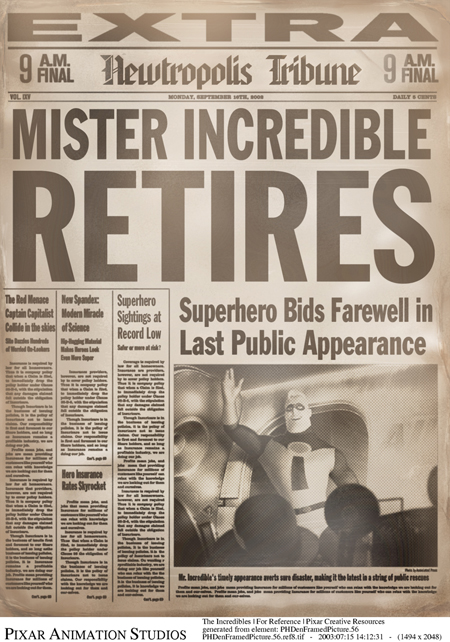Recently, I wrote a blog post on a Bloomberg Businessweek article analyzing the legal attacks on the marketing labels of the food industry (see below), and scanning randomly through my classmates’ blog posts, I found that Kate Gao had elaborated on such a case involving Coca-Cola’s “greenwashing” on their packaging. I was particularly interested in the blog’s title: “‘All-Natural’, ‘Eco-friendly’ and Not to Be Trusted”, which is clearly worded to vilify Coca-Cola’s wording in its PlantBottle marketing scheme. The contention Kate is making (if I may paraphrase) is that the PlantBottle brand was intended to lie to consumers; that making something look “green” is inaccurate if only 15% of the product was made with environmentally conscious materials.
The criticism of an advertisement’s wording is largely a question of degree. Companies who come up with a new branding can designate the specific requirements that need to be satisfied in order for said branding to be used – the same way that new words are invented. As students of marketing, we have to be careful when deciding whether a marketing practice can be considered unethically deceptive (the law certainly appears to say otherwise in the Coca-Cola case). Marketers are tasked with portraying the selling points of their product/service in the best possible light, and I’m not saying that there shouldn’t be ethical limits as to how this is done – I’m pointing out that stigmatization makes for good stories. For example, large companies will almost always immediately lose an ethical challenge to your everyday blogger in Joe-reader’s impressionable mind. Usually, the justification is that these large companies/public figures can fend for themselves, but marketers know that altering public perception should not be taken lightly on any level.

When we criticize as writers, should we be criticizing companies, events, and people unilaterally? Or change our ethical assessment standards like we would our marketing practices based on criterion such as size and strength? What defines “vulnerability”?
I think it is important that we remain accountable to our accusations; that we only use protection from our words when we need to, so that it can effectively remain what it is meant to be: respite for the vulnerable, and so that nobody (be it company, public symbol, or individual) is unjustifiably victimized.
